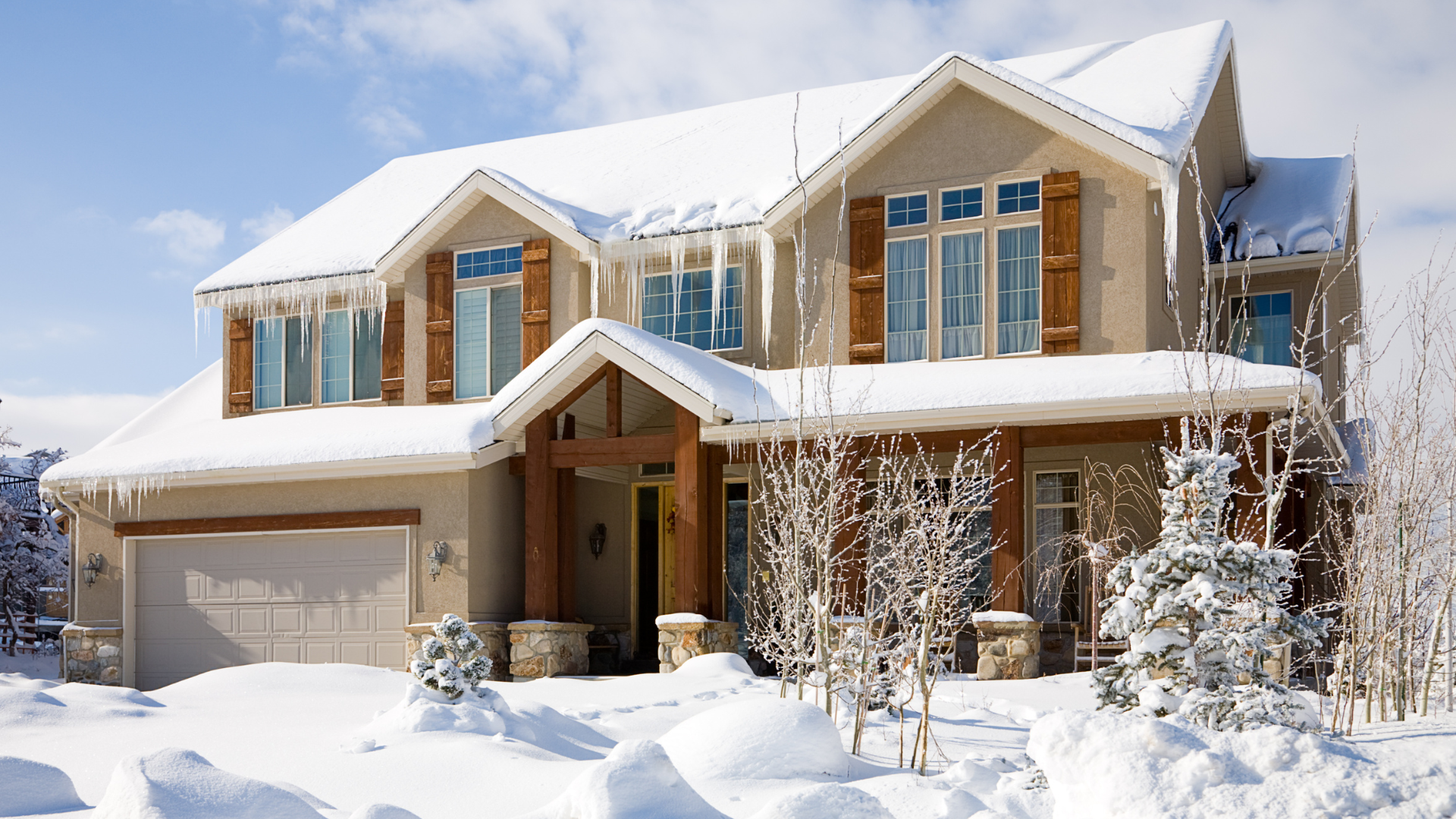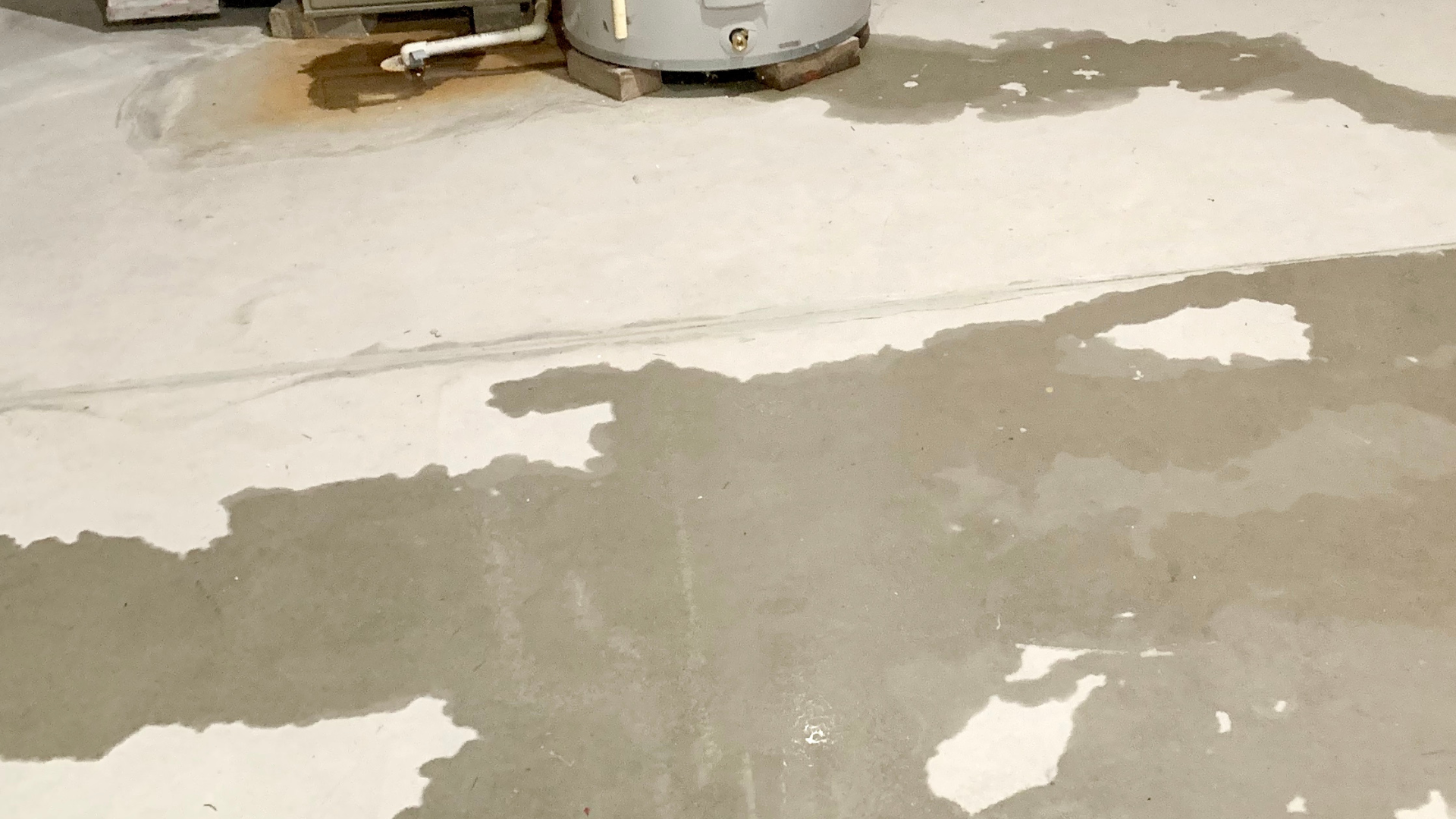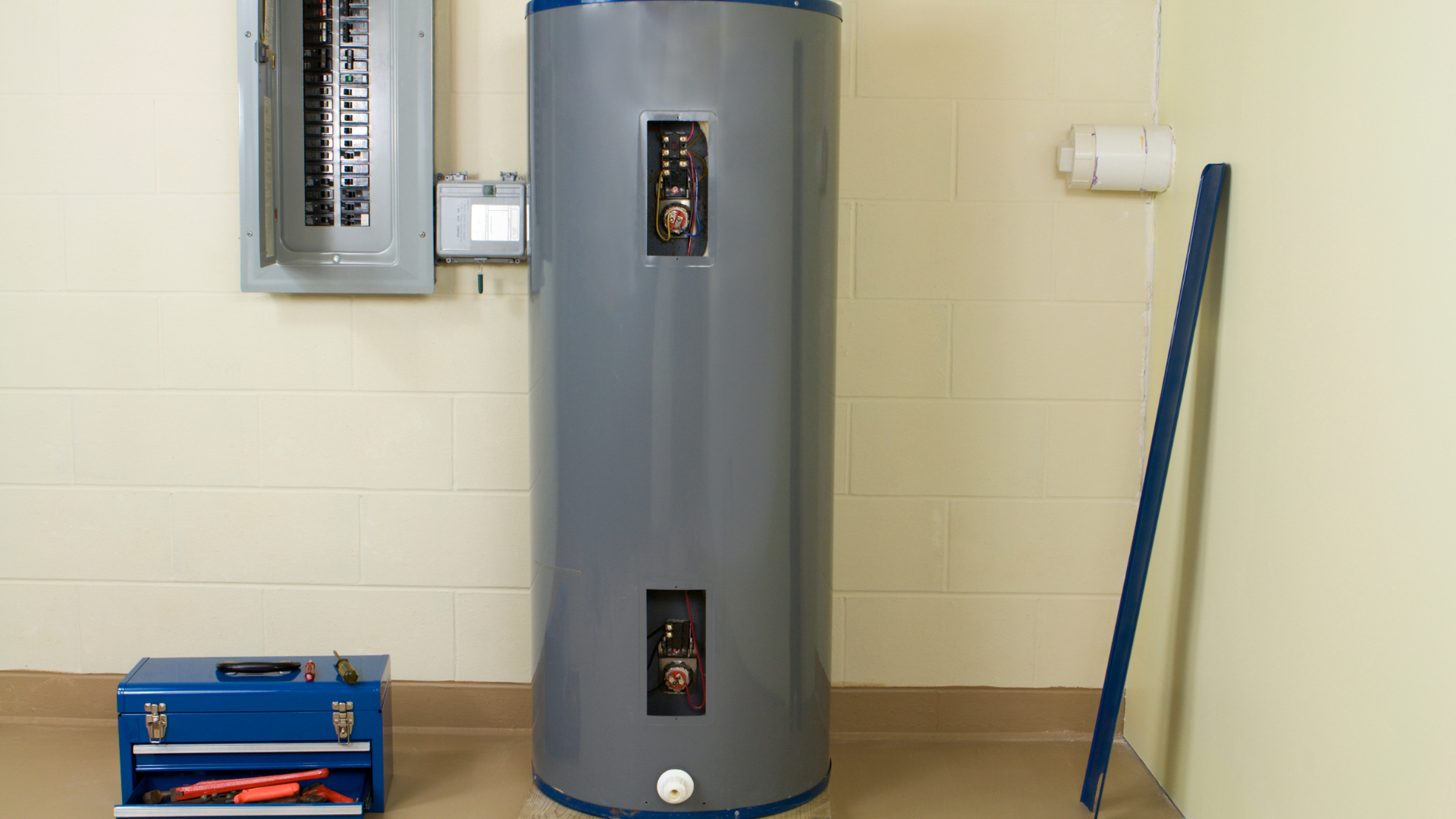California
How a Homeowner Can Navigate Contractor Licensing in California

For homeowners in California, navigating home service contractors means dealing with one of the most comprehensive and consumer-protective licensing systems in the nation. The state's Contractors State License Board (CSLB) governs almost all aspects of construction. Understanding how sales tax applies is also crucial, as California has specific rules for "materials" versus "fixtures" in construction projects.
Licensing Requirements for Home Service Contractors in California
California has a robust state-level licensing system for contractors, overseen by the Contractors State License Board (CSLB), part of the California Department of Consumer Affairs. Any project with a contract price of $500 or more (including labor and materials) requires a licensed contractor.
General Contractor Licenses (Class A, B):
- Class A - General Engineering Contractor: For projects requiring specialized engineering knowledge and skill (e.g., roads, bridges, dams, complex public works). Rarely applicable to typical home services unless it's a very specialized project involving significant land grading or infrastructure.
- Class B - General Building Contractor: This is the most common license for home builders, remodelers, and general residential contractors. It allows a contractor to construct or remodel structures, or perform work that requires the use of at least two unrelated building trades or crafts (e.g., framing and drywall, or plumbing and electrical).
- Key Requirements for CSLB Licensing:
- Age: At least 18 years old.
- Experience: A minimum of four years of journey-level experience (or equivalent supervision/contractor experience) within the past 10 years in the classification for which the license is sought. Education (college or trade school) can substitute for a portion of this experience.
- Examination: Applicants (or their designated Qualifying Individual) must pass two state-administered exams: a Law and Business examination and a Trade examination specific to the classification applied for.
- Criminal Background Check: Fingerprinting is required for a criminal history check.
- Surety Bond: A contractor's bond of $25,000 is required. This bond protects consumers and ensures contractors comply with licensing laws.
- Bond of Qualifying Individual (BQI): If the qualifying individual for the license is not the owner or a partner, an additional $25,000 bond may be required.
- Workers' Compensation Insurance: Required if the contractor has employees.
- General Liability Insurance: While not always a state licensing requirement to obtain the license, CSLB encourages it, and it is standard practice and often required by clients.
- Fees: Various application, examination, and initial license fees apply.
- CSLB licenses are typically renewed every two years.
Specialty Contractor Licenses (Class C):
- There are over 40 different "C" classifications for specialized trades, each covering specific types of work. Examples include:
- C-10 Electrical Contractor: For electrical work.
- C-36 Plumbing Contractor: For plumbing work.
- C-20 Warm-Air Heating, Ventilating and Air-Conditioning Contractor: For HVAC work.
- C-39 Roofing Contractor: For roofing work.
- C-33 Painting and Decorating Contractor: For painting and decorating.
- C-54 Tile (Ceramic and Mosaic) Contractor: For tile work.
- These specialty contractors have similar experience, examination, bond, and insurance requirements as general contractors, but their trade exam and experience must be specific to their classification.
Home Improvement Salesperson (HIS) Registration:
- Any individual who solicits, sells, negotiates, or executes home improvement contracts for a licensed contractor away from the contractor's normal place of business must register as a Home Improvement Salesperson (HIS) with the CSLB. This is a separate registration from the contractor's license.
"Handyman" Exception: Work that totals less than $500 (including labor and materials) is considered "minor work" and does not require a contractor's license. However, if the work requires a building permit, a licensed contractor is usually needed regardless of the cost.
Local Business Licenses/Permits: Even with a state CSLB license, contractors must obtain all necessary building permits from the specific city or county's building department. Many cities and counties also require contractors to obtain a local business license or registration to operate within their jurisdiction.
Hiring an unlicensed contractor for projects over $500 (or those requiring permits) is illegal in California and carries significant risks for homeowners, including lack of consumer protection, potential for shoddy work, and difficulty in seeking legal recourse.
How Sales Tax Applies to Home Service Projects in California
California has a state sales tax rate of 7.25%, plus various district sales taxes imposed by counties, cities, and special purpose districts, which can increase the combined rate significantly (often 8% to 10.75% or higher depending on the location). The application of sales tax to construction contractors in California is complex and depends heavily on how items are classified and the type of contract.
The California Department of Tax and Fee Administration (CDTFA) governs sales and use tax. Key distinctions are made between "materials" and "fixtures":
- Materials: Tangible personal property (e.g., lumber, drywall, roofing shingles, paint, cement) that are incorporated into a structure and lose their individual identity.
- Contractor as Consumer: For "materials," the contractor is generally considered the "consumer." This means the contractor pays the applicable sales tax to their suppliers when they purchase these materials.
- No Separate Charge to Homeowner (for materials): When the contractor performs a lump-sum contract (a single price for the entire project), they typically do not collect sales tax separately from the homeowner on the material portion. The sales tax paid by the contractor is built into their overall project cost.
- Time-and-Materials Contracts: If the contract specifically separates materials and installation, the contractor may purchase materials with a resale certificate and then collect sales tax from the homeowner on the selling price of those materials.
- Fixtures: Tangible personal property (e.g., sinks, faucets, light fixtures, built-in cabinets, furnaces, water heaters) that become an accessory to a building and do not lose their identity when installed.
- Contractor as Retailer: For "fixtures," the contractor is generally considered a "retailer."
- Taxable Sale to Homeowner: The contractor must collect sales tax from the homeowner on the selling price of the fixtures.
- If the contract states a separate price for the fixture, that's the taxable amount. If not, the taxable amount is generally the cost price of the fixture to the contractor (including freight-in and fabrication costs if manufactured by the contractor).
- Contractors typically purchase fixtures from their suppliers using a resale certificate and then charge sales tax to the homeowner when the fixture is sold and installed.
- Labor:
- Installation Labor (for both materials and fixtures) is Generally NOT Taxable: The labor charge for installing or applying materials and fixtures in a construction contract (real property improvement) is generally not subject to California sales tax, provided it is separately stated from the charges for materials and fixtures.
- "Fabrication Labor" can be Taxable: Labor involved in fabricating (creating) an item before it is installed can be taxable, particularly if it's considered part of the cost of the tangible personal property being sold (e.g., building a custom cabinet in a shop before bringing it to the site).
What this means for homeowners:
- For most home service projects in California, you should expect to pay sales tax on the cost of "fixtures" that are permanently installed. This tax will be collected by your contractor.
- The labor portion (for installation) should generally be exempt from sales tax, provided it's itemized separately on your invoice.
- Sales tax on "materials" is usually paid by the contractor to their supplier and is built into the overall price, not separately charged to you.
- Always request an itemized contract that clearly distinguishes between labor, materials, and fixtures to ensure proper sales tax application.
How to Verify Licensing in California
Verifying a home service contractor's license in California is relatively easy due to the centralized CSLB database.
- California Contractors State License Board (CSLB) - Instant License Check:
- This is the official and most reliable source for verifying all state-issued contractor licenses (Class A, B, and all C classifications) and Home Improvement Salesperson (HIS) registrations.
- Website: Go to the CSLB website: https://www.cslb.ca.gov/. Look for the "Check a License" or "Instant License Check" tool.
- Direct Search Portal: https://www.cslb.ca.gov/OnlineServices/CheckLicenseII/CheckLicense.aspx
- Search Options: You can search by license number, business name, or personnel name.
- Information Provided: The search results are very detailed and crucial. They will show:
- License Status: (e.g., Active, Inactive, Suspended, Expired, Revoked). Always ensure it's "Active."
- License Number:
- Classification(s) Held: (e.g., B - General Building Contractor, C-10 - Electrical). Ensure the classification matches the work you need done.
- Issue and Expiration Dates:
- Bond Information: Whether the required contractor's bond is in place.
- Workers' Compensation: If required, whether it's active.
- Disciplinary Actions: Any public complaints or disciplinary actions against the license. This is a critical indicator.
- California Secretary of State - Business Search:
- Verify if the contractor's business entity (LLC, corporation, etc.) is properly registered and in good standing with the state.
- Website: https://bizfileonline.sos.ca.gov/search/business
- Local City/County Business License and Permit Offices:
- After verifying the CSLB license, contact your specific city or county's business license department to ensure they hold any required local business licenses to operate in your area.
- Contact the local building department to ensure that the contractor is authorized to pull permits and that all necessary permits will be obtained for your project.
- Proof of Insurance: Always request current Certificates of Insurance for general liability and workers' compensation (if applicable). While not always checked by CSLB for initial licensing, reputable contractors carry sufficient general liability, and clients often require it. You can contact the issuing insurance companies to verify coverage.
Always use the CSLB's "Instant License Check" as your first and most important step to verify any home service contractor in California.
Sources
- California Contractors State License Board (CSLB):
- Main Website: https://www.cslb.ca.gov/
- Check a License (Instant License Check): https://www.cslb.ca.gov/OnlineServices/CheckLicenseII/CheckLicense.aspx
- License Classifications: https://www.cslb.ca.gov/Contractors/About_Cslb/License_Classifications.aspx
- Applicant Services (Requirements): https://www.cslb.ca.gov/Applicants/
- California Department of Tax and Fee Administration (CDTFA):
- Sales & Use Tax: Construction Contractors: https://www.cdtfa.ca.gov/industry/construction-contractors/
- Sales and Use Tax Regulations - Regulation 1521 (Construction Contractors): https://www.cdtfa.ca.gov/lawguides/vol1/sutr/sales-and-use-tax-regulations-art2-all.html
- Sales and Use Tax Rates: https://www.cdtfa.ca.gov/taxes-and-fees/sutrates.htm
- California Secretary of State - Business Programs Division:
- Business Search: https://bizfileonline.sos.ca.gov/search/business
- Industry Guides (for general overview, always defer to state/local sources):
- NEXT Insurance - California General Contractor License and Insurance Requirements: https://www.nextinsurance.com/blog/california-general-contractor-license-and-insurance-requirements/
- Procore - California Contractor License: https://www.procore.com/library/california-contractors-license
Click Another Article to Read More










